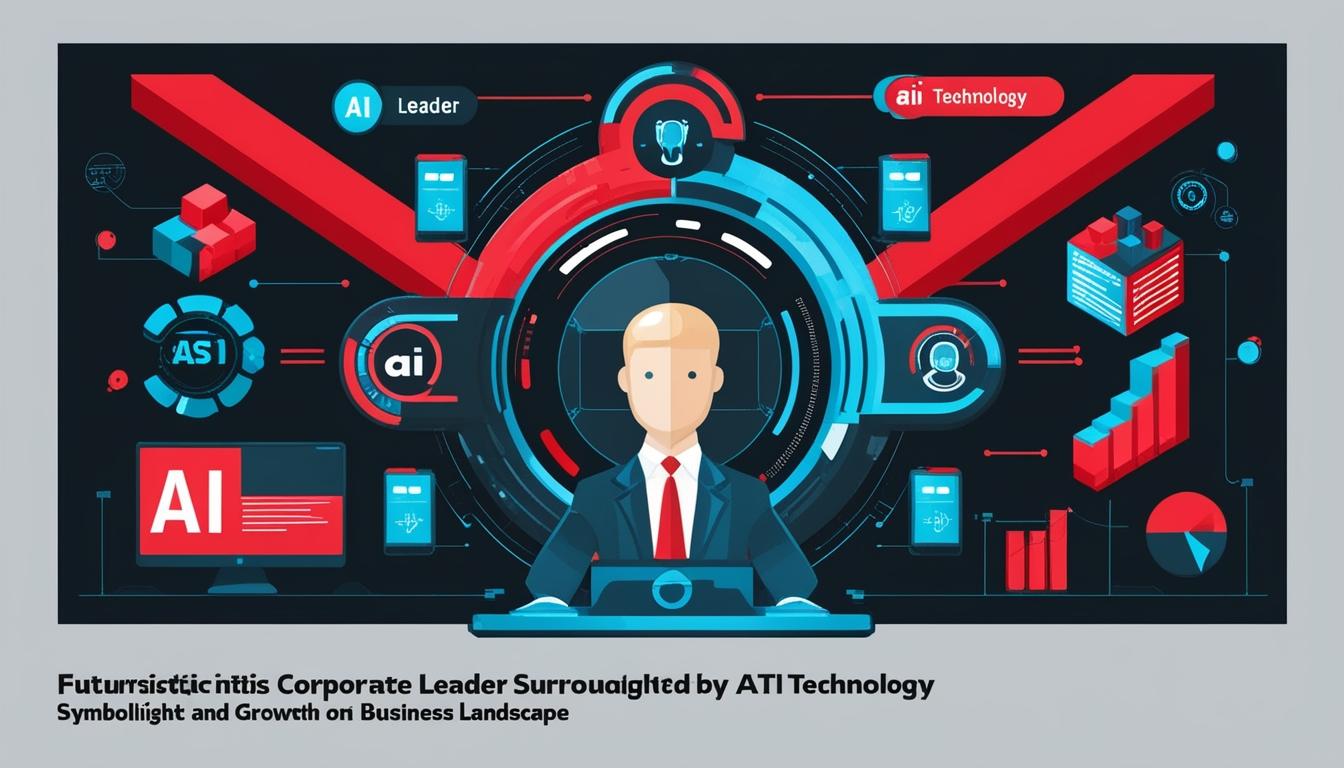In the realm of corporate leadership, the advent of artificial intelligence (AI) is an increasingly predominant topic of discussion. As organisations around the globe gear up for 2025, understanding the intricacies of AI has become a focal point for senior executives, particularly as they strive for personal and organisational growth.
Roger Collantes, the founder and CEO of the Asian Institute of Digital Transformation, is set to lead the Rotary Club of Makati's AI Academy initiative in the Rotary year 2025-2026 under the leadership of President-elect Eddie Galvez. With over 30 years of expertise in education and digital transformation, Collantes is positioned to provide clarity in an area often shrouded in complexity. Speaking about the need for AI education, Collantes outlined a straightforward approach to understanding the impact and applications of AI in business, particularly as it relates to the current climate of rapid technological change.
In his commentary, Collantes introduces three fundamental types of AI that executives should be familiar with to navigate the evolving landscape effectively. The first is Predictive AI, which functions similarly to a weather forecast by analysing historical data to make informed predictions about future events. For instance, Netflix utilises predictive AI to tailor viewing recommendations based on individual behaviours, illustrating how businesses can proactively cater to customer preferences.
The second type, Generative AI, is likened to a skilled artist creating new works from existing information. This technology, including tools like ChatGPT, can significantly streamline workflows, enhance creative output, and unveil new avenues for growth. According to Collantes, adopting generative AI can facilitate corporate creativity and efficiency.
Thirdly, he introduces Agentic AI, which operates as an autonomous assistant. This AI type executes tasks and makes decisions independently, allowing executives to prioritise strategic challenges rather than routine responsibilities. The integration of Agentic AI can markedly boost productivity and operational effectiveness.
Collantes further emphasises the importance of maintaining a human touch amidst these technological advances. He argues that the ultimate goal should be to leverage AI while upholding essential human values and ensuring meaningful interactions within teams and with clients.
The concerns around AI often centre on its potential to disrupt job markets and fundamental business practices, prompting a call for passion over fear in embracing new technologies. Collantes advises leaders to adopt a proactive stance toward innovation, urging them to engage in lifelong learning and encourage their teams to explore emerging technologies. This approach positions organisations as frontrunners in their industries.
As quantum computing continues to make strides, with innovations such as Google's Willow and NVIDIA's H100 at the forefront, the implications for AI applications are substantial. Collantes likens this progress to a transformation from a bicycle to a high-speed train, highlighting the dramatic increase in processing capabilities that quantum technology brings. This evolution offers organisations an urgent invitation for transformation and re-evaluation of their existing practices.
Ultimately, as business environments become increasingly intertwined with advanced AI technologies, executives are encouraged to foster cultures of innovation within their organisations. By grasping the effects of AI and its potential, leaders can adeptly steer their companies towards a prosperous future where technology complements human endeavour.
In conclusion, the developments surrounding AI and its integration into business strategies present both opportunities and challenges. As executives prepare for the AI trends forecasted in the coming years, their understanding and approach to this evolving landscape will significantly shape the future of their organisations.
Source: Noah Wire Services
